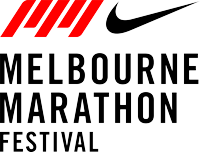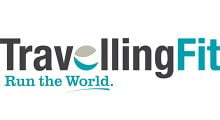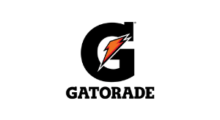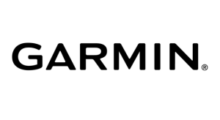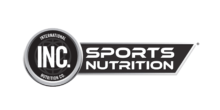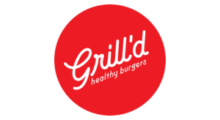
Whether you’re a first-timer or a long-timer, a fun runner or a full-on athlete, you need optimum nutrition to reach your marathon goals.
We know a thing or two about fuelling athletes at Grill’d, so we’ve got a handy guide to get you started with the 4 Rs.
Of course, every body has its own unique nutritional needs, and for expert tailored advice tailored it’s always best to see an Accredited Sports Dietitian.
- Refuel
You put a lot of energy into your training, now you have to replenish your body’s power source.
Why refuel?
- Helps you recover better
- Restores energy
- Assists concentration
- Delays fatigue
Tips
- Carbohydrates are a great way to refuel after exercise
- Choose complex carbs and those with fibre for gut health, like bread, sweet potato, legumes and fruit
- Adjust your fuel intake based on the intensity and volume of your workout
- If your next training session is within 24 hours, try to kick off the refuelling within 45-60 minutes after this session.
Our burgers have a great balance of carbohydrates and other nutrients that make them excellent sources of whole-food recovery energy. Check out what’s new on the menu.
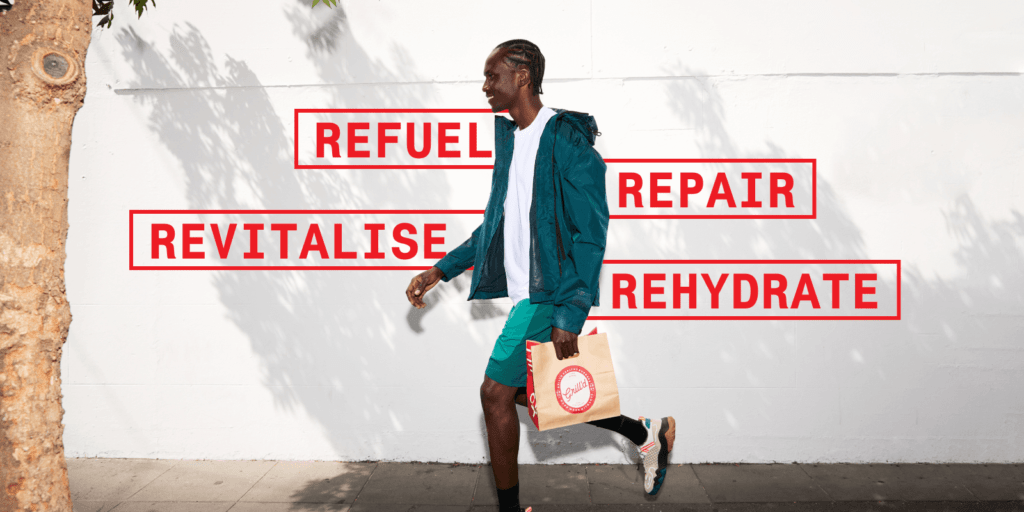
2. Repair
Protein protein protein! These are the building blocks that help your body repair after a tough workout. It helps muscle growth, body functions, movement and supports a healthy immune system.
Tips:
- It’s best to aim for at least 10-20g in that recovery window after your session.
- Protein is found in whole foods such as meat, fish, eggs, dairy and legumes (and that includes tofu).
- Spread protein throughout the day in your meals and snacks to get the most out of your training.
If you’re being exact about your protein intake as part of your training, make sure you check the nutritional information to make sure you’re getting enough each day.
Curious about the protein breakdown of our meat and veggie burgers and snack range? You can find all the info in our menu.
3. Revitalise
It’s not all carbs and protein. We need lots of other vitamins, minerals and antioxidants to revitalise our bodies when we’re training.
Why revitalise?
- Helps your body process food into energy
- Key to maintaining healthy bones and immune system
- Increases oxygen transport – which is very important in cardio training for a marathon
Tips:
- Choose a variety of fruit and vegetables to make sure you’re getting a range of nutrients, including Vitamin C, iron and Zinc.
- It’s possible to get the crucial nutrients through your diet, however your doctor or dietitian may suggest supplements based on your individual needs.
- Calcium is important for metabolic function, blood pressure balance and muscle contraction (including a regular heartbeat), and can be found in dairy, plus bony fish, eggs, some nuts and calcium-fortified vegan alternatives.
- Iron supports energy levels, oxygen transport and your immune system, so eat iron-rich foods (such as red meat) as well as foods rich in Vitamin C to help iron absorption, including citrus, strawberries, tomatoes and broccoli.
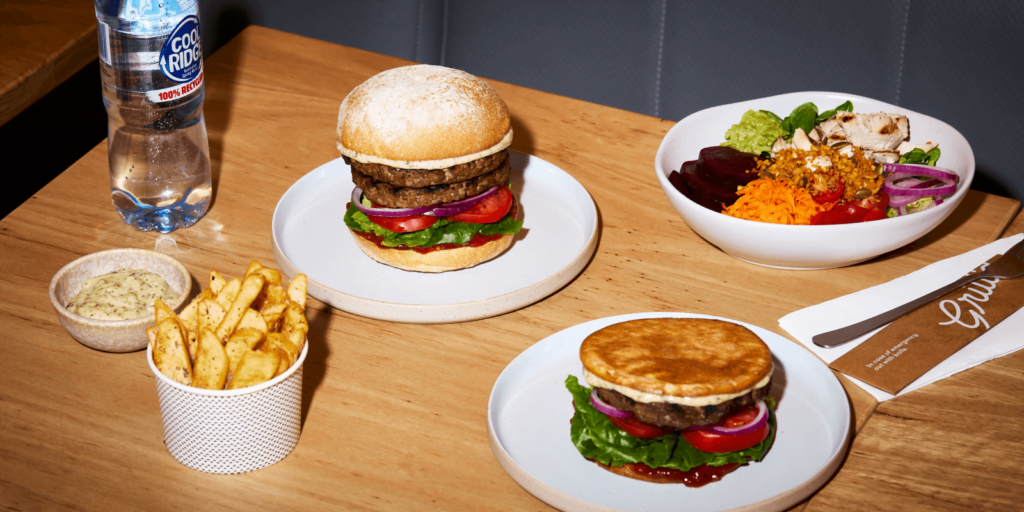
4. Rehydrate
This one’s obvious, but crucial!
Dehydration affects your athletic performance, leading to:
- Reduced muscle endurance
- Fatigue
- Increased risk of injury
Plus, your activity will seem a whole lot more difficult if you’re trying to do it on an empty tank.
You can lose a lot of fluids during cardio, especially over long distances like a marathon. You should try to replenish 120-150% of the fluids you lose during a session.
Don’t wait until you’re thirsty before reaching for the fluids. Try to make it a habit to rehydrate throughout the day and after a workout.
For more information see our full article here.
